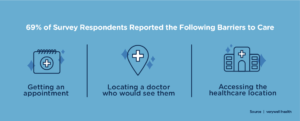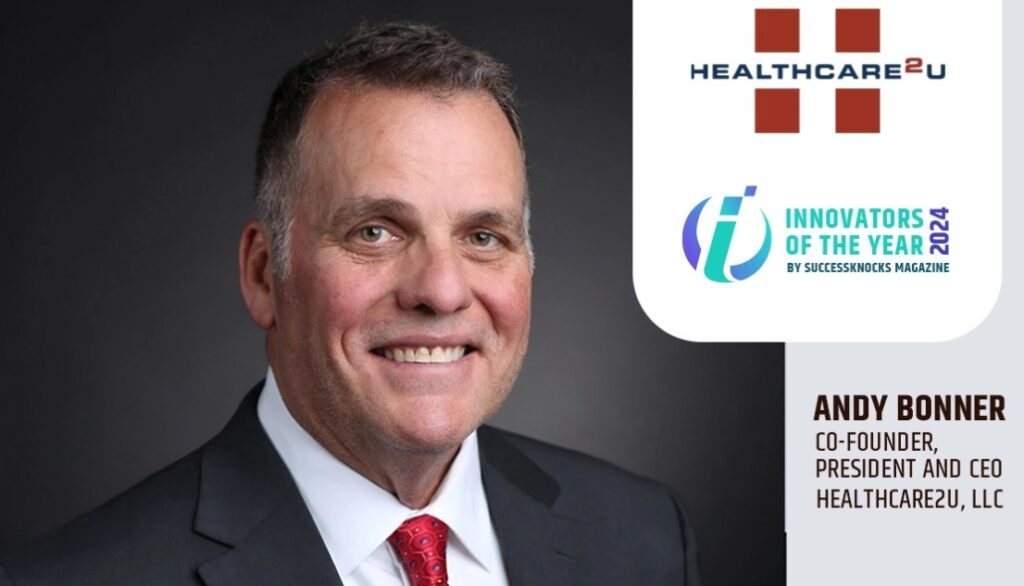Harvard T.H. Chan School of Public Health, the Robert Wood Johnson Foundation, and National Public Radio conducted a study about the challenges Americans faced receiving healthcare over the past few years. They found 20 percent of U.S. adults postponed medical care or had no access to healthcare.
Many people said their doctor’s office wouldn’t see them as the pandemic overwhelmed hospitals and medical providers. Others reported they didn’t feel safe going to a doctor’s office, but 40 percent said financial barriers prevented them from seeking care. Some simply couldn’t afford healthcare, while others struggled to find doctors who would accept their insurance.
Delays Can Have Serious Consequences
Even people with chronic conditions reported a delay in receiving care. Allowing conditions like diabetes, hypertension, and cholesterol to go unchecked for a year is extremely dangerous. Countless patients were also forced to postpone elective surgeries. Of the one in seven adults who delayed or were denied an elective procedure during the pandemic, 54 percent reported negative health consequences as a result.
Experts estimate the delays in screenings could lead to 10,000 colorectal and breast cancer deaths over the next decade. From missed physicals and routine checkups to major surgeries, the impact of delaying care is now coming to light. Waiting to receive medical care is not only detrimental to a patient’s health, but it can also be extremely damaging financially. As conditions escalate, it can lead to more complicated surgeries, extended hospital stays, more medications, and higher costs.
Direct primary care (DPC) can easily eliminate all these barriers to care through a nationwide organization like Healthcare2U.
DPC Filled in the Gaps
Long before the world ever heard of COVID-19, people were catching onto the benefits of a DPC membership. But over the past year, the convenience, easy access, and low membership cost proved very valuable for many across the U.S.
Telemedicine became the bridge between the past and the future of healthcare. When many doctors were forced to shut their doors because of safety concerns, the many direct primary care providers who already offered telehealth and virtual services stepped to the forefront. Many DPC providers seamlessly transitioned to providing primary care in a primarily virtual setting.
Telehealth, virtual DPC, nationwide availability, and prescription discounts are just a few of the perks Healthcare2U’s direct primary care members enjoy. In addition to these benefits, early-stage chronic disease management has been a vital component of DPC memberships, especially over the past year.
With the necessary monitoring, communication, and medications, a primary care provider can prevent chronic disease states and other conditions from worsening. And with such affordable membership rates, locations in every state, and no out-of-pocket costs for telemedicine or virtual visits, the barriers to receiving timely medical care have been eliminated.
Direct primary care was created to help people avoid deteriorating health and escalating costs for medical care. For more information on unlimited access to nationwide DPC, contact Healthcare2U.








